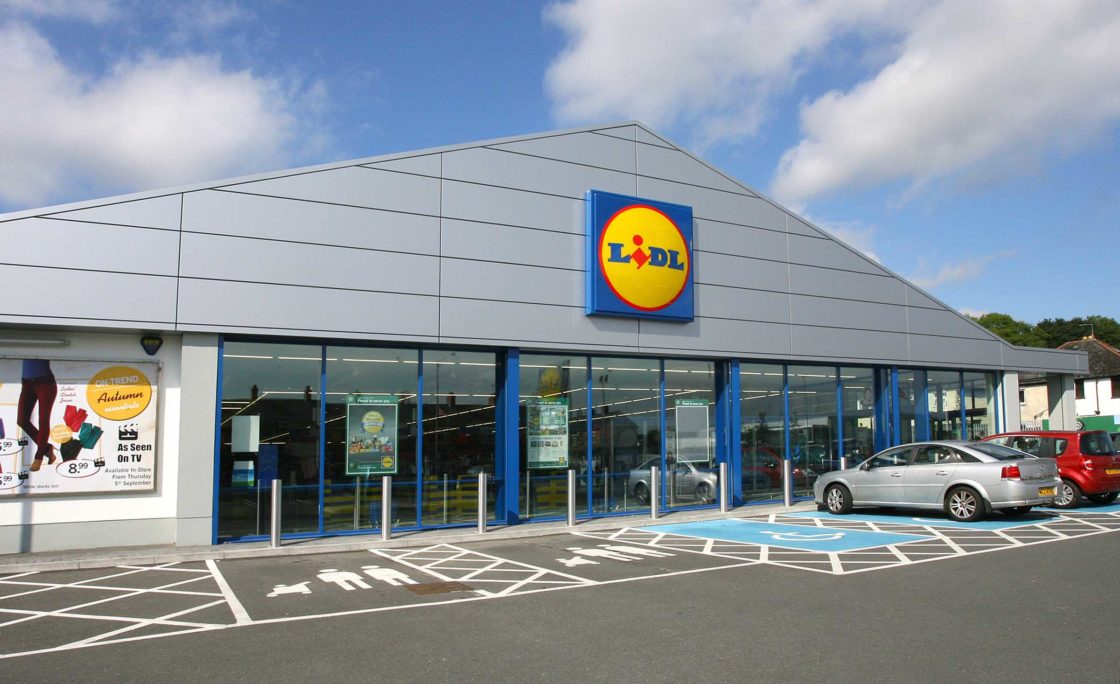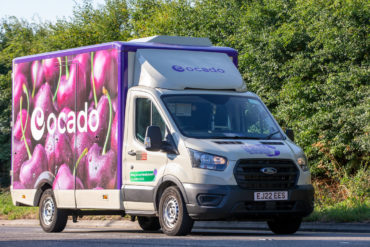Lidl is a German chain of discount grocery stores that operates in numerous countries across Europe. Lidl (full name Lidl Stiftung & Co. KG) belongs to the holding company Schwarz, owned by billionaire Dieter Schwarz and his family.
Lidl's largest market is Germany where it competes with fellow German discounter and arch rival, Aldi.
The supermarket also has a large presence in France with 1,350 stores, and in the UK with 500 outlets.
A further 2,000 discount stores and 'no-frills' supermarkets are based in countries including Finland, Hungary, Ireland, Denmark, Malta, the Netherlands, Portugal and Sweden. Lidl is also planning to enter Serbia, Romania and Canada in the next few years.
Find Lidl Supermarket Near Me
Use Supermarket.co.uk to find your nearest supermarkets, address details , supermarket opening times and the facilities offered at your local supermarket branches.
Supermarket opening hours vary considerably to check your local supermarket opening hours before you visit the branch.
Enter a Location (Town, City or Postcode)
Lidl Store Near Me
Enter a Location (Town, City or Postcode)
History
The first Lidl discount store was opened in Germany in 1973 by Dieter Schwarz, son of Josef Schwarz who in the 1930s helped develop fruit trader Südfrüchte Grosshandel Lidl & Co into a general food wholesaler.
By 1977 the Lidl & Schwarz chain (as the company was then known) consisted of 33 discount stores, and began to expand further by focusing on discount markets, larger supermarkets, and cash and carry wholesale markets.
Lidl stores
Each Lidl supermarket generally stocks around 800 different items, most of which are own-brand items. In addition to staple foods and fresh produce, Lidl stores also stock a wide range of low-cost frozen foods, Italian cuisines and wines, along with a range of home appliances and garden products including tools and plants.
Customers are also offered a range of these products in temporary low-price deals titled ‘Specials’.
Like Aldi, Lidl insists its basic ‘no-frills’ business approach enables it to offer lower prices than most other supermarket chains.
Low-cost operating methods, such as avoiding expensive advertising, high-rent locations and a diverse-range of goods, have enabled it to challenge and even overtake its number one rivals in some European markets such as France .
UK popularity
Lidl’s popularity in the UK surged in 2008 as more people began shopping at discount retailers, particularly middle class consumers, due to the effects of the economic downturn.
According to market research firm TNS, Lidl was the second most successful UK supermarket group over the busy Christmas period in 2008, with group sales far exceeding growth in the overall grocery sector.
As a result, the retailer’s UK market share rose to a record 2.3% going into 2009 at the expense of its more upmarket rivals such as Waitrose and Marks And Spencer.
Despite its recent success, Lidl’s main competitors in Britain remain Aldi, Netto and Iceland.






